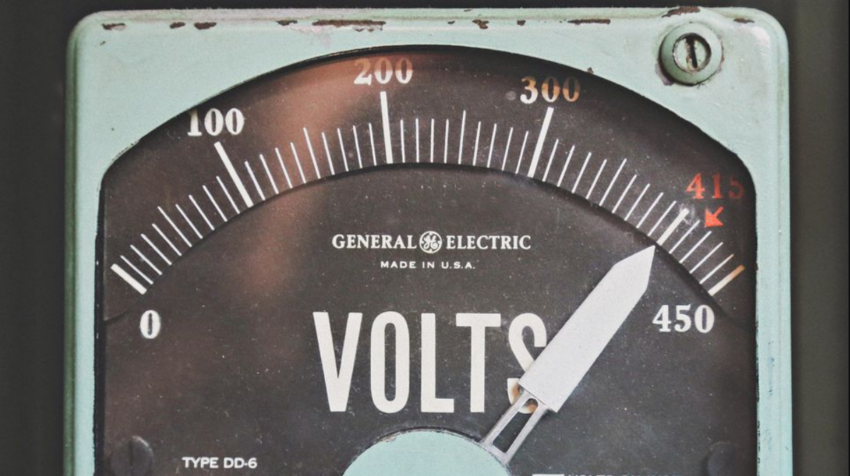To varied degrees, our emotions alter throughout the day. Leipzig University psychologists examined the association between neuroticism—a mental health risk factor—and emotional experiences.
Neurotic persons feel unpleasant emotions more vividly and with more mood swings. PNAS reported their findings.
Neurotic persons have more negative feelings in daily life, according to research. “New, contradictory studies have raised questions about whether this is also associated with increased variability in emotional experiences, i.e. mood swings,” says the study’s first author, Nina Mader from Leipzig University’s Wilhelm Wundt Institute of Psychology.
More Mood Swings Associated with Neurotic Personality Trait
Leipzig University personality psychologists solved methodological issues by modeling data differently. Bayesian statistics provides data modeling versatility. After successful simulations, we reexamined 13 longitudinal data sets. Mader says that neurotic persons have more negative emotion fluctuation. 2,518 participants answered emotional questions.

Personality attribute neuroticism. Personalities are constant throughout settings. They include cognition, mood, and behavior. Personality affects neuroticism. According to the psychologist, neurotic and non-neurotic persons are on a dimensional continuum with various shades of grey.
High neuroticism scores make unpleasant feelings stronger and more frequent. They are more self-critical, less tolerant of criticism, and more inclined to feel inadequate. Studies suggest that neuroticism peaks in late adolescence and subsequently declines and stabilizes throughout adulthood. Women and low-income persons also had greater neuroticism ratings.
Since the 1990s, personality psychologists have studied how personality affects emotions. Large samples’ personalities and emotional experiences have been studied. For instance, respondents were asked numerous times a day how unhappy, angry, or bored they were on a 1–7 scale.
Neuroticism was linked to unpleasant feelings. Mader says that whereas persons with low neuroticism levels seldom experience unpleasant feelings, those with high scores do. This is usually triggered by overreaction. For instance, a tiny disagreement might enrage the latter, or even the prospect that the train would be busy today could create stress and concern.

